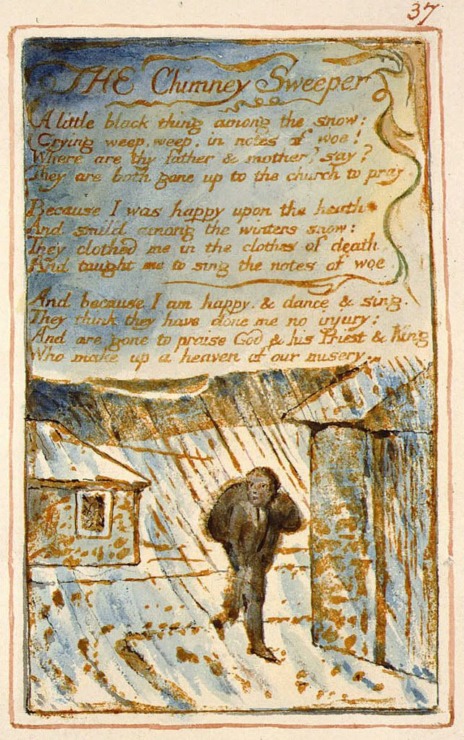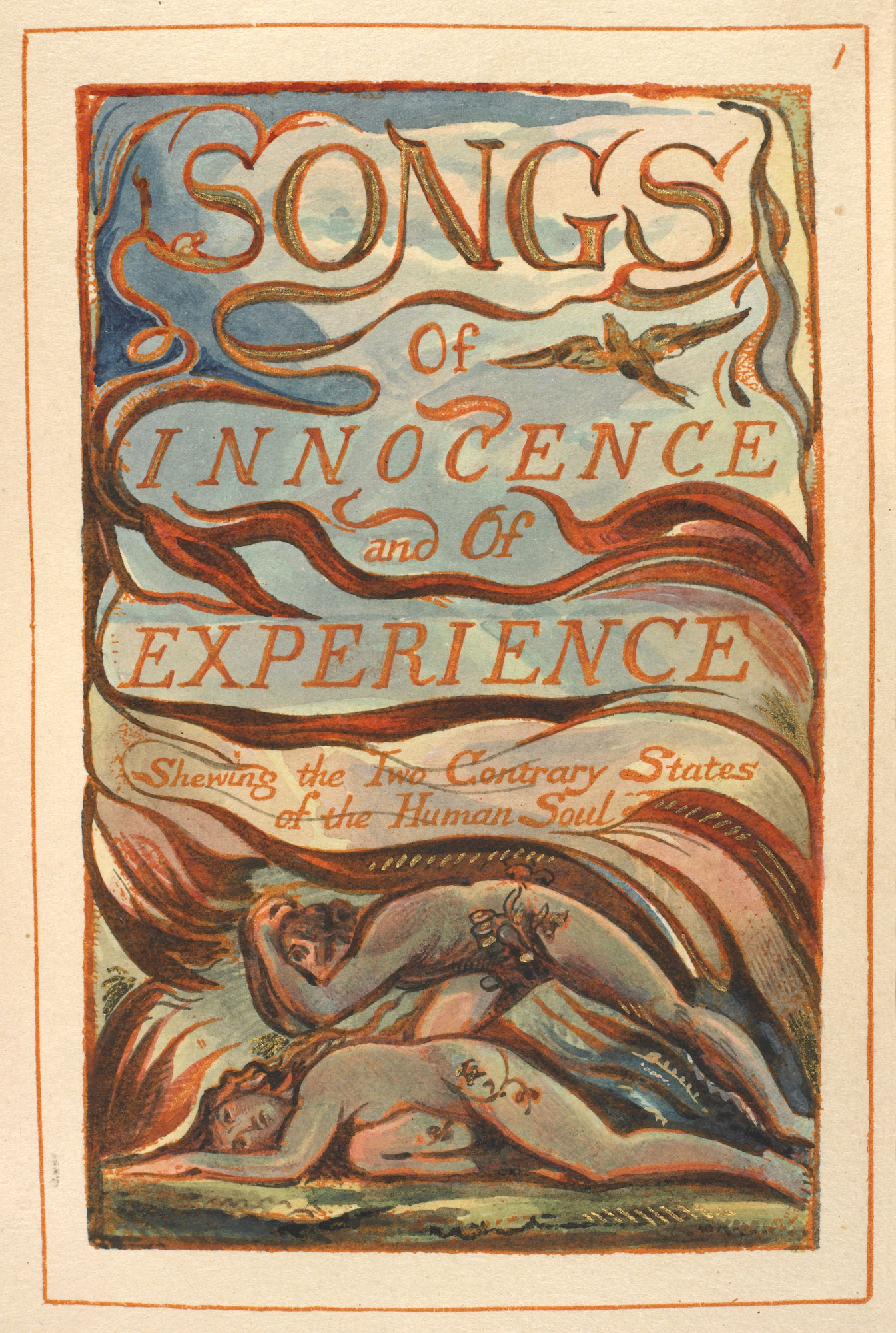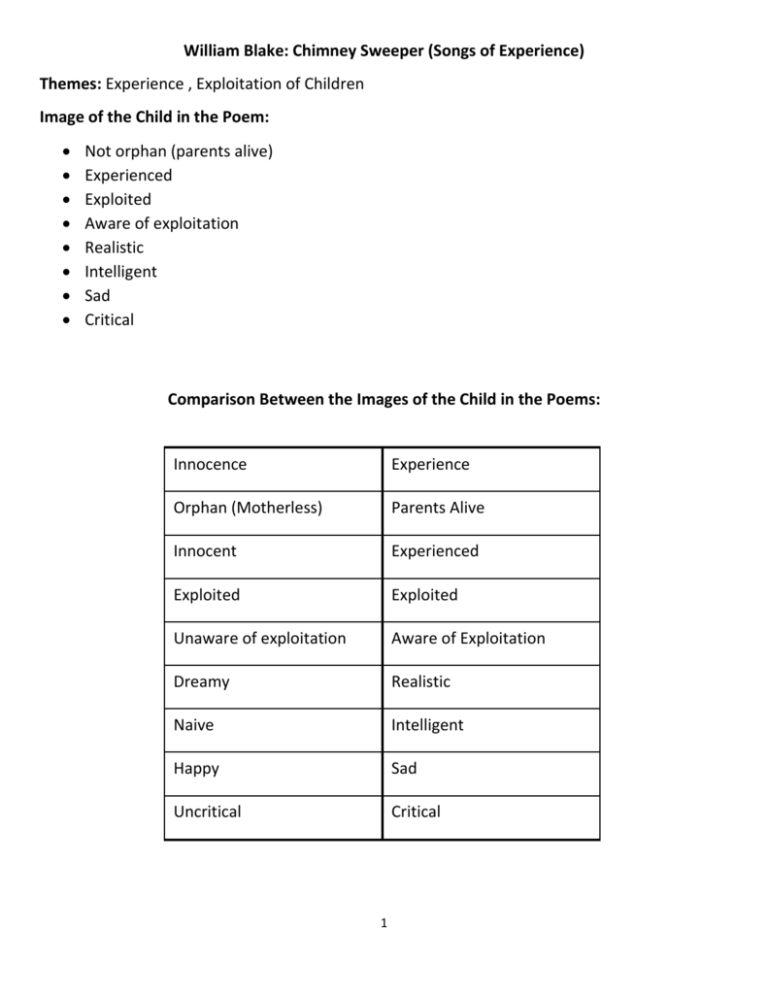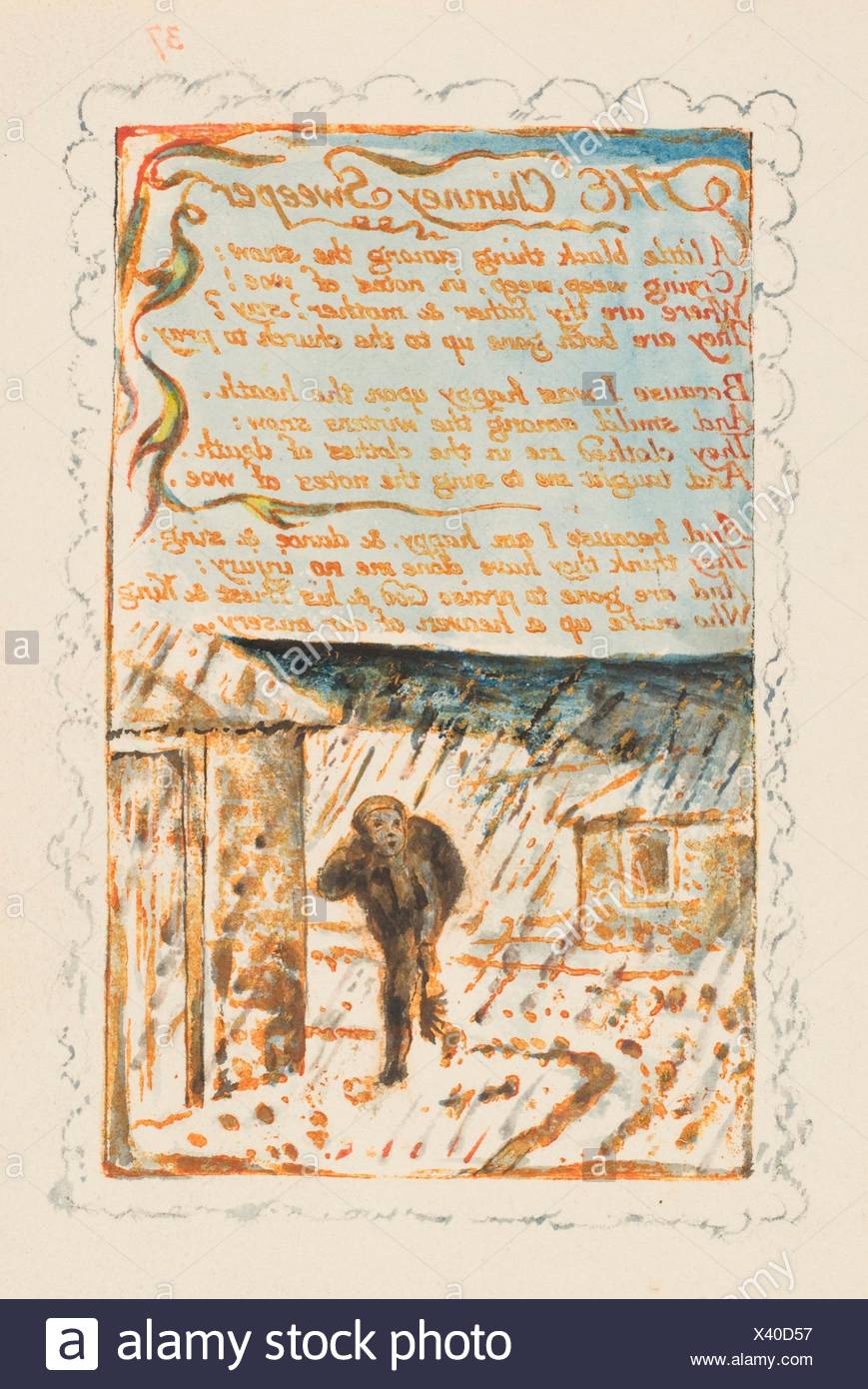The Chimney Sweeper Songs Of Experience Theme
The Chimney Sweeper poems from Songs of Innocence and Songs of Experience contained themes and symbols regarding a severe social issue.
The chimney sweeper songs of experience theme. Weep in notes of woe. It led to urbanisation and thus slums child labour poverty depression etc were quite common. This poem was written by William Blake a popular English poet.
The speaker of The Chimney Sweeper describes the chimney sweeper as a black thing Black is the color of death and other bad things. Popularity of The Chimney Sweeper. The lack of labor laws in England enabled employers such as master sweeps to have their child apprentices work at the age of six or seven.
The Inevitable Loss of Innocence. From 1794s Songs of Experience the darker sequel to Songs of Innocence the second version of The Chimney Sweeper has an adult speaker encounter a young chimney sweeper in the snowThis. It was first published in 1789.
Theme of child labor is much evident and it. The speaker of The Chimney Sweeper describes the chimney sweeper as a black thing Black is the color of death and other bad things. The poem The Chimney Sweeper from Songs of Experience by William Blake brings into light the animal-like condition of children during the 17th and 18th-century era.
Blake uses the image of the child but combines this with the image of clothes of death a sharp contrast to the life we associate with children. The Chimney Sweeper E - Imagery symbolism and themes Imagery and symbolism. In The Chimney Sweeper Blake uses several images and refers to related biblical ideas with which his contemporaries would be familiar with.
Theme of child labor is much evident. The society was corrupted by the social injustice poverty and corruption. He tells the speaker that his parents dressed him in the clothes of death.
In-depth explanations of the themes found in The Chimney Sweeper Songs of Experience. Blake develops his own symbols in. The poem highlights the issues of modern liberal society.
The Chimney Sweeper is a popular poem on account of its theme of poverty and the life of the working children. Throughout the poem Blake describes the chimney soot spoiling the pure white-haired of the boysTom in particular. The Chimney Sweeper is a poem by English visionary William Blake published in Songs of Innocence and Experience 1794It is the companion to a poem of the same name that appears in the earlier Innocence collection and works as a kind of update on the plight of the chimney sweepera young boy forced to do the horrible work of cleaning chimneys.
The Chimney Sweeper is a poem written by William Blake. Read expert analysis on themes in The Chimney Sweeper. The Chimney Sweeper appears in Blakes Songs of InnocenceWe would expect it to be in Songs of Experience since it is a poem about exploitation of young childrenHowever the narrator a young.
Summary of The Chimney Sweeper. ENotes critical analyses help you gain a deeper understanding of The Chimney Sweeper so you can excel on your essay or test. Because I was happy upon the heath And smild among the winters snow They clothed me in the clothes of death And taught me to sing the notes.
The Chimney Sweeper. In this way we can do critical analysis The Chimney Sweeper Songs of Experience. The Chimney Sweeper is the first poem in Songs of Innocence and Experience in which Blake portrays the corrupting nature of experience.
Discussion of themes and motifs in William Blakes The Chimney Sweeper. Free fun and packed with the most important details. It was published in two parts.
Songs of innocence was published in 1789 and Songs of experience in 1794. A little black thing among the snow Crying weep. The Chimney Sweeper I - Imagery symbolism and themes Imagery and symbolism.
The chimney sweeper is well aware of the death-like quality of his life as well. Say They are both gone up to the church to pray. Where are thy father and mother.
The theme of The Chimney Sweeper is the cruelty of life and society from the perspective of a childAs in much of Blakes more somber poetry life. As the name suggests the poem is about the little chimney sweepers who live a black life cleaning the soot of the chimneys. The Chimney Sweeper Songs of Experience themes.
The Chimney Sweeper present in both Songs of Innocence and Songs of Experience are heart wrenching pieces of poetry written by Blake to shed light upon the oppression that the underage children went through just so that the greedy so-called upper class members of the society and their money-hungry parents who sold them off could exploit their innocence and labor to suit their needs.





.jpg)









.jpg)



